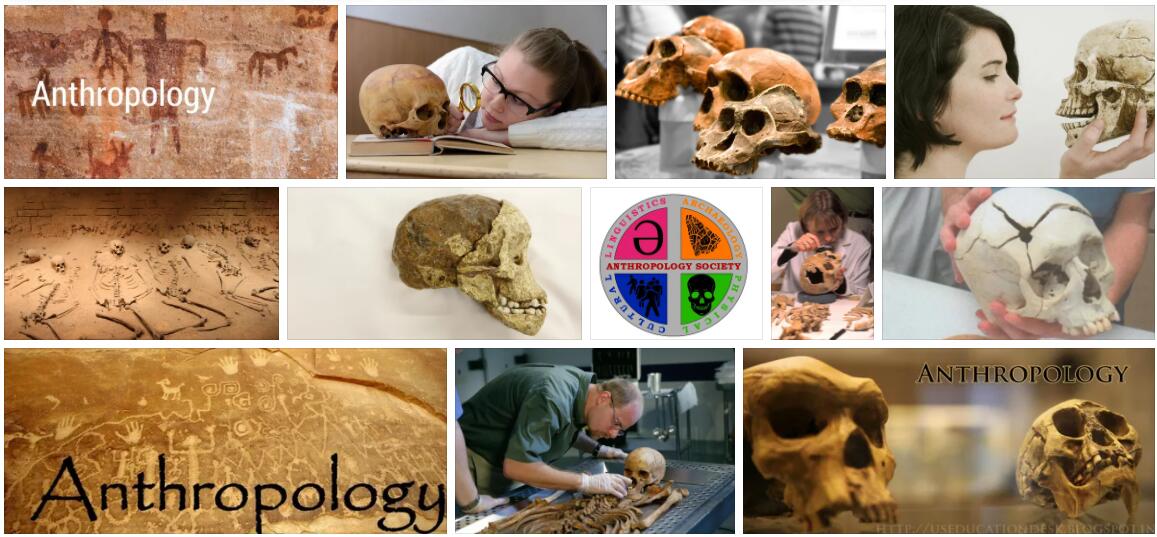Ph.D. in Applied Anthropology: Introduction, Admission, Registration, Eligibility, Duration, Fees, Syllabus 2024

Introduction:
Applied Anthropology is an exciting field that extends anthropological methods and theories to solve real-world problems. A Ph.D. in Applied Anthropology equips students with advanced knowledge and research skills to address complex issues in various sectors such as health, education, development, and policy-making.
Admission Process:
- Application Submission: Candidates must submit a completed application form along with the required documents.
- Entrance Exam: Applicants need to clear the Ph.D. entrance exam conducted.
- Interview: Shortlisted candidates are called for an interview to assess their research aptitude.
- Research Proposal: Submission of a detailed research proposal is mandatory.
- Guide Allocation: Successful candidates are allocated a guide based on their research interests.
- Enrollment: Final enrollment is subject to the approval of the research committee.
Eligibility:
- Master’s Degree: Applicants should have a master’s degree in Anthropology or a related field.
- Research Experience: Prior research experience is highly recommended.
- Academic Record: A strong academic record with a minimum percentage as specified by the university.
- Entrance Exam: Clearing the Ph.D. entrance exam is essential.
- Language Proficiency: Proficiency in English for research and communication.
- Ethical Clearance: Approval from the ethical committee if the research involves human subjects.
Completion Time:
The Ph.D. program in Applied Anthropology typically takes 3-5 years to complete, depending on the nature of the research and the progress of the candidate.
Career Opportunities:
- Academia: Teaching positions at universities and colleges.
- Research Institutes: Researcher roles in government and private research organizations.
- NGOs: Program development and evaluation roles in non-governmental organizations.
- Consultancy: Consultant roles in cultural resource management firms.
- Government Agencies: Policy analysis and advisory positions.
- International Organizations: Roles in international development and health agencies.
Syllabus:
- Research Methodology: Advanced qualitative and quantitative research methods.
- Anthropological Theory: Contemporary theories in anthropology.
- Ethnographic Techniques: In-depth training in ethnographic fieldwork.
- Applied Statistics: Use of statistics in anthropological research.
- Policy Analysis: Methods for analyzing and influencing policy.
- Specialized Electives: Courses tailored to the student’s research focus.
Internship Opportunities:
- Fieldwork: Opportunities for fieldwork in diverse cultural settings.
- Museums: Internships in museum curation and exhibition design.
- Community Organizations: Working with local communities on development projects.
- Healthcare: Internships in medical anthropology and public health.
- Corporate Sector: Corporate social responsibility and consumer research internships.
- International NGOs: Internships with global organizations working on human rights and development.
Scholarships and Grants:
- University Fellowships: Merit-based fellowships offered.
- Research Grants: Funding for fieldwork and research expenses.
- Travel Grants: Support for presenting at conferences and workshops.
- Government Scholarships: Scholarships provided by government bodies for doctoral research.
- International Fellowships: Opportunities for international research collaborations.
- Private Foundations: Grants from foundations supporting anthropological research.
FAQs:
What is the focus of a Ph.D. in Applied Anthropology?
The focus is on applying anthropological knowledge to solve practical problems.
Are there part-time Ph.D. options available?
Yes, Yenepoya University offers part-time Ph.D. programs for working professionals.
Can I choose my research area?
Yes, candidates can choose their research area based on their interests and the availability of guides.
Is there support for publishing research?
The university provides workshops on scientific writing and publication ethics to aid scholars in publishing their work.
Are there opportunities for interdisciplinary research?
Yes, the program encourages interdisciplinary research collaborations.
